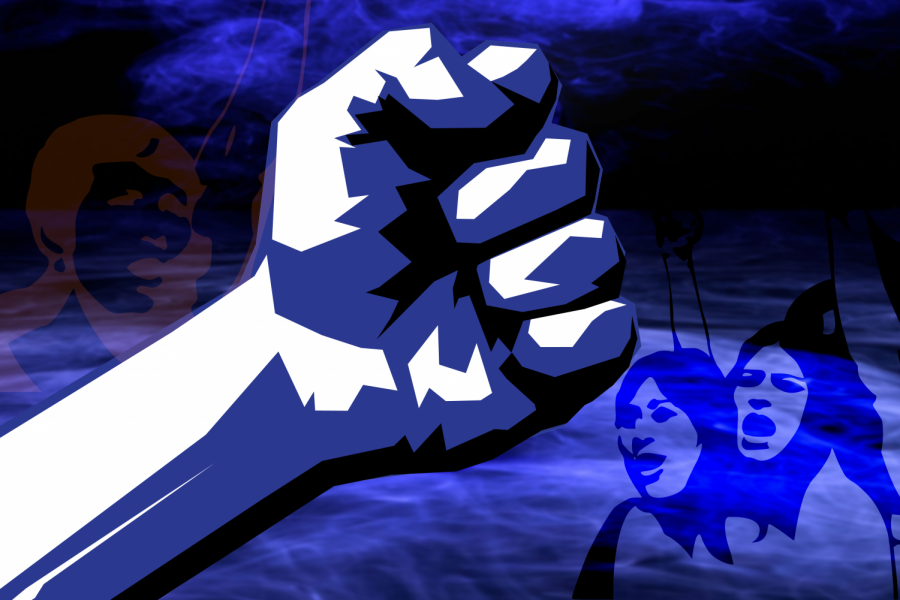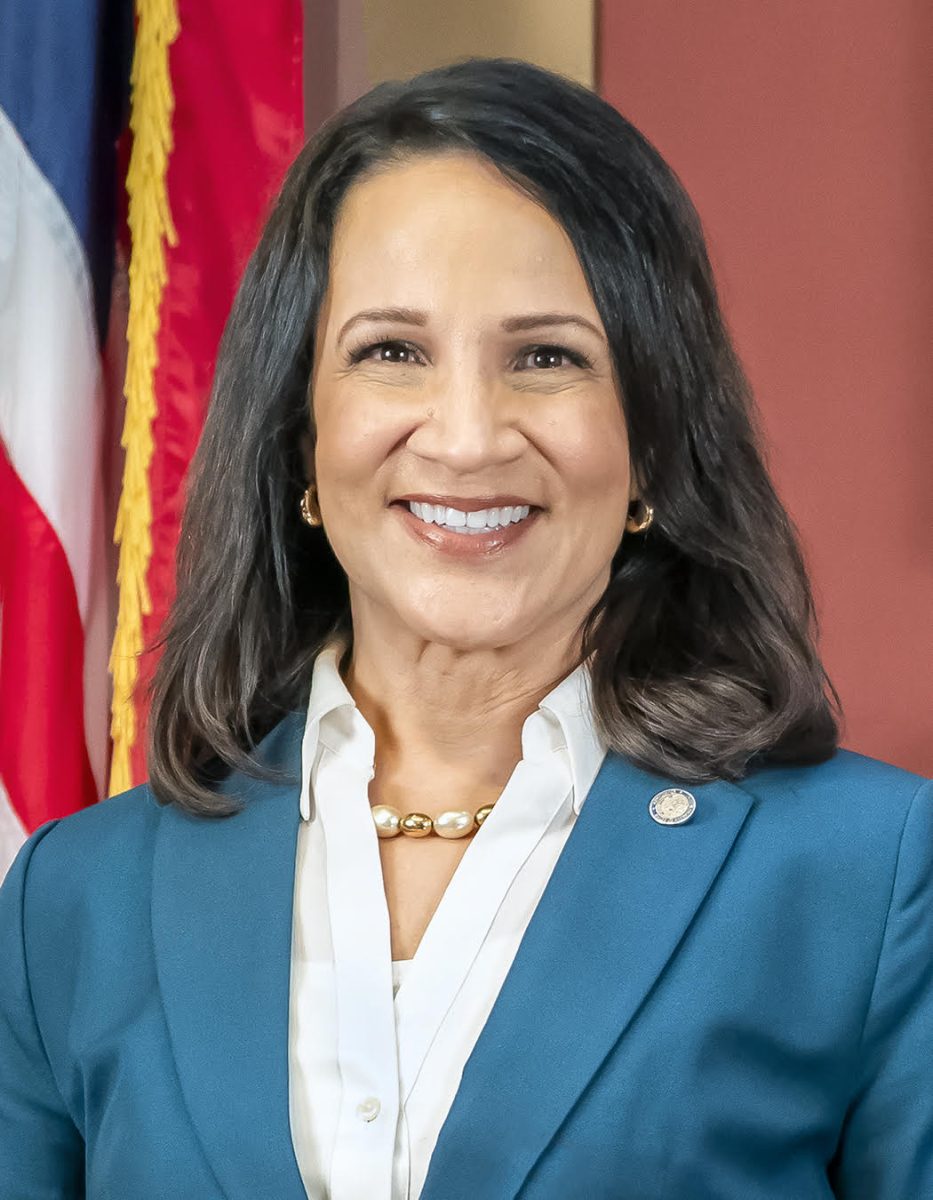Editor’s note: This article discusses sexual assault. If you or anyone you know has experienced sexual assault, the Aurora Center’s 24-hour helpline can be reached at (612) 626-9111.
University of Minnesota students, along with surrounding community members, are calling for change in response to the Minnesota Supreme Court’s decision to overturn a felony sexual assault conviction in a case involving a woman who was sexually assaulted.
A jury found Francios Momolu Khalil guilty of a third-degree criminal sexual conduct charge for raping a woman. The Minnesota Supreme Court overturned the charge on March 24, ruling that because the woman was “voluntarily intoxicated,” she did not meet the state’s definition of “mental incapacitation” to pursue the charge.
In May 2017, a woman attempted to enter a Dinkytown bar with her friend, but they were turned away for being too intoxicated, according to court documents. Afterward, a group of men invited them to a “party,” though there was none. Instead, the men drove them to a house in north Minneapolis. After the woman blacked out on a couch in the living room, she woke up to Khalil raping her.
The decision sent shock waves across the state as many responded with outrage and disappointment.
In response, the University’s Minnesota Student Association created a resolution to voice support for the passage of a bill that would expand the definition of “mental incapacitation” to include “voluntarily inebriated” victims. The proposed law would state that even those who have voluntarily consumed drugs or alcohol would be unable to consent to sex.
The MSA resolution received over 1,000 co-sponsors spanning faculty, students, student groups and alumni.
“I know many of us, particularly in this advocacy sphere, were very upset and disheartened by what happened …” Margaux Granath, a resolution co-author and MSA’s Campus Life Committee director, said at a MSA forum meeting on March 30. “But knowing that there is hope — and it is to change this policy — and that we have the means to do that is really powerful.”
MSA has previously advocated for the expansion of a medical amnesty bill that would extend protections from underage alcohol consumptions to victims and reporters of sexual assault.
“I think part of this larger idea is that there are so many structural barriers in our culture about people who are assaulted coming forward and reporting their assault and finding justice …” said Sam Parmekar, co-author of the resolution and the state government coordinator at MSA. “Reversing the [Minnesota] Supreme Court decision is also a part of creating that climate where we believe survivors.”
According to data from the University’s 2018 College Student Health Survey report, 11% of women at the University reported being sexually assaulted within that year. The survey did not report data for gender-nonconforming individuals. Almost 26% of undergraduate women have experienced non-consensual sexual contact since entering the University, according to a 2019 report from the Association of American Universities.
In a March 18 email to the University community, President Joan Gabel announced the launch of an online education module that all employees and student workers must complete by May 27 as a part of the President’s Initiative to Prevent Sexual Misconduct.
The Aurora Center for Advocacy and Education, a campus resource that supports survivors of abuse, stalking and harassment, is seeing students navigate feelings of shock, anger and disappointment as they process the court’s decision.
The Aurora Center has observed an increase in activism as students are becoming more involved in protesting and learning about lawmaking processes, Katie Eichele, the center’s director, said. The role of social media has allowed for victims to share their personal stories and to increase public scrutiny on lawmakers. This ruling follows the momentum of movements like #MeToo, which combat gender-based violence.
Madisyn Priestley, a second-year University student and a survivor of sexual assault, organized a women’s rights protest at the Capitol on March 29 in response to the court ruling. Starting with the creation of a flyer and sharing it via Snapchat, she was able to organize a protest with a couple of hundred demonstrators in attendance.
“I think the more we talk about it and the more pressure we put on the more incentives [lawmakers] have especially for change,” Priestley said. “So I am hopeful, and I hope [survivors] are hopeful as well, because losing hope kind of means losing indefinitely.”
The protest served as a safe space for sexual assault survivors to share their stories, Priestley said. Many found solidarity, not only in the feelings of hurt and anger towards the court ruling but also in their shared hope for change.
While there may be fear of reporting sexual assault on campus, Eichele said she has hope that there will be revisions to the language of the law.
“Our hope is that very soon the language of the statute will change rather quickly because there is public awareness of it and there is bipartisan support …” Eichele said. “The statute should not deter a victim-survivor who’s experienced violence from reporting the crime.”
Correction: A previous version of this article misspelled the name of the Francios Momolu Khalil.



















